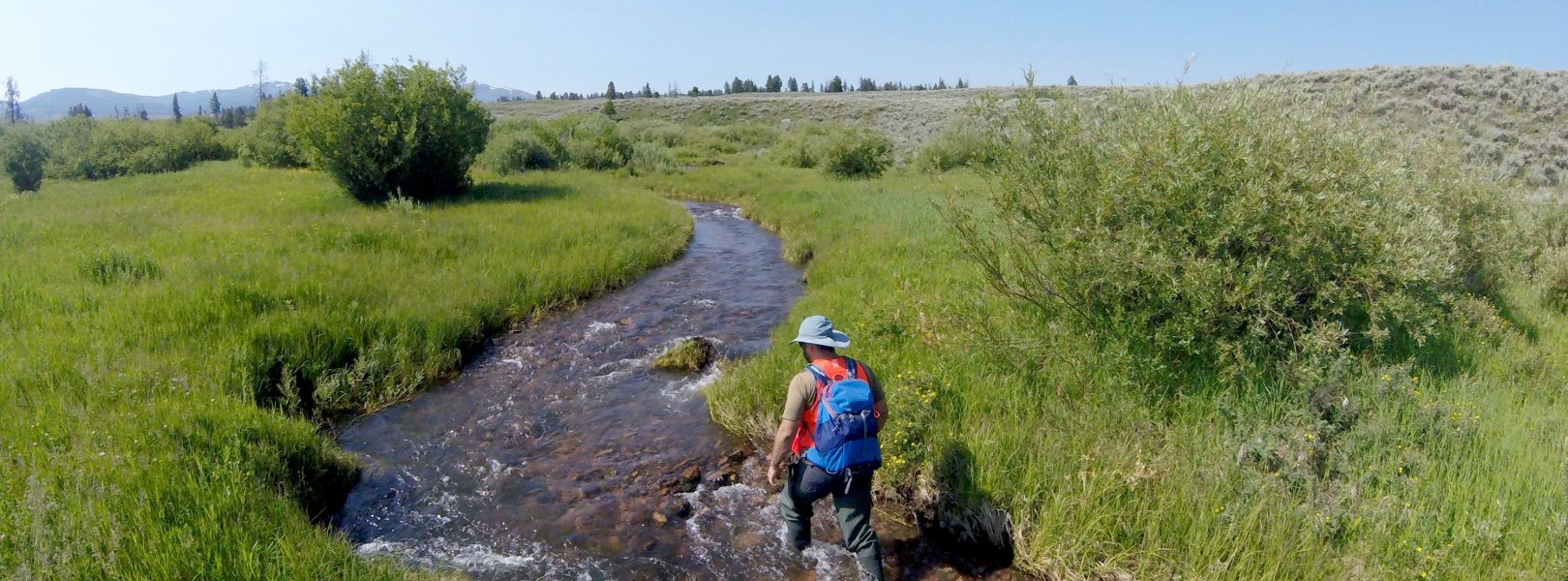Careers

Full-time positions with the NEON program in our field offices and program headquarters open up periodically.
NEON positions can be found within the Battelle job search.
Why Work on the NEON Program?
The U.S. National Science Foundation's NEON program is a 30-year program dedicated to collecting and providing open continental-scale data to better understand how our nation's ecosystems are changing. Operated by Battelle, the Observatory relies on hundreds of scientists and engineers to collect, process, and provide data products from 81 field sites located in ecosystems from Alaska to Puerto Rico. Our teams use cutting-edge technology, including an airborne observation platform that captures images of regional landscapes and vegetation; mobile, relocatable, and fixed data collection sites with automated ground sensors to monitor soil and atmosphere; and trained field scientists who observe and sample populations of diverse organisms and collect soil and water data. Once measurements and observations are collected, a leading-edge cyberinfrastructure quality checks, stores, and publishes the data. The Observatory includes more than 500+ personnel and is the first of its design to detect and enable forecasting of ecological change at continental scales over a generation.
Working for the NEON Program at Battelle, you get to:
- Work side-by-side with passionate, intelligent scientists and staff committed to excellence, integrity, and innovation
- Do inspiring work that solves some of the world's toughest challenges
- Balance your professional and personal life to ensure success inside and outside of work
- Thrive in an organization that is strategically positioned for future growth and provides opportunities for personal and professional advancement
- Be a part of an organization fully committed to volunteerism and to investing and providing our expertise to philanthropic causes and education
- Be recognized and rewarded for high performance through competitive compensation and benefit programs as well as meaningful employee recognition programs
Explore More Opportunities with the NEON Program and Battelle
NEON hires hundreds of temporary field technicians each year to assist our full-time field operations staff with observational sampling. NEON field sites are located in 24 states across the U.S. plus Puerto Rico; and the sites are located in some of the nation's most pristine and wild areas. These opportunities are perfect for early career scientists who want valuable fieldwork experience collecting data for a continental-scale ecology program.
Learn more about seasonal field work